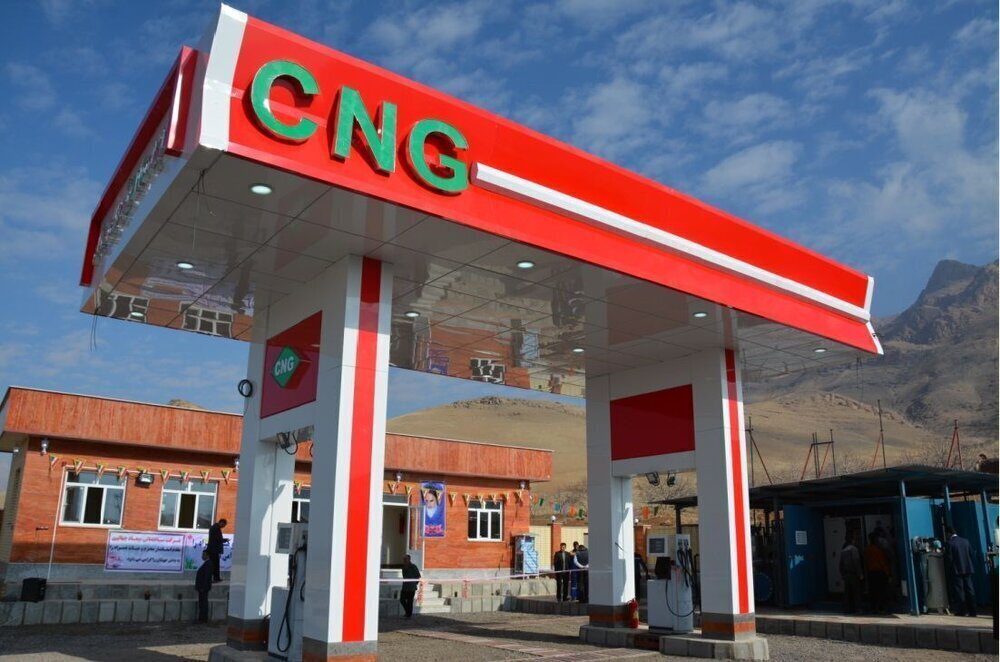Daily CNG consumption stands at 25mcm

TEHRAN- Daily consumption of compressed natural gas (CNG) has reached 25 million cubic meters (mcm) in Iran, according to an official with the National Iranian Oil Refining and Distribution Company (NIORDC).
Mohammad-Hossein Baqeri, the director of CNG plan of the NIORDC, also put the daily capacity of the country’s CNG stations at 40-45 mcm, IRNA reported.
Baqeri further said that six contractors were selected for converting 1.46 million public vehicles into dual-fuel cars at the first place, and the contractors were supposed to equip 186 places to do the job.
Iran’s CNG consumption stood at 19 mcm per day before the implementation of the fuel rationing scheme.
In mid-November 2019, the Iranian government started rationing of subsidized gasoline and increased fuel prices as it plans to use the revenue for supporting underprivileged families.
There are currently 2,400 CNG stations across Iran that supply 22 percent of the country’s fuel basket.
Iranian Oil Ministry considers CNG as the national fuel, therefore, in order to increase the share of this fuel in the country's energy basket, it was planned to turn 1.46 million public vehicles into dual-fuel cars, which can increase CNG consumption by 10 mcm per day.
Back in May, National Iranian Oil Products Distribution Company (NIOPDC) announced that the necessary infrastructure is prepared for developing the CNG sector to be able to distribute 30 mcm per day of gas across the country.
“The Oil Ministry and National Iranian Oil Products Distribution Company have created the infrastructure for the development of the CNG industry, only in the conversion sector development measures should be taken,” an official with the company told Shana.
Hamid Qasemi Dahcheshmeh noted that Oil Ministry has been supportive of the industry since very beginning through supporting the production of CNG-powered engines and converting automobile plants to produce dual-fuel cars in this regard.
"In the previous years, 920,000 vehicles were converted through the Oil Ministry’s direct contracts,” he added.
MA/MA

Leave a Comment